Many Afghans who have been sheltering in Pakistan while waiting for visas and tickets towards Western countries are beginning to lose hope. Germany ended its months-long admission freeze towards Afghans towards the end of August. But simultaneously, the German government entered talks with the Taliban in order to be able to deport more Afghans back home.
Tens of thousands of Afghans who had been promised visas to Western countries have been sheltering in Pakistan. Over the last year, Pakistan has stepped up its deportation drive of Afghans, some of whom had been living for decades in the country, and has stopped renewing visas for thousands who had been living in Pakistan legitimately, some as recognized refugees.
The situation for many has become precarious and uncertain, especially coupled with the freeze on airlifts to Western countries, like Germany and the United States.
Now, some who were hoping to fly to the West are beginning to lose hope, reports the French news agency Agence France Presse (AFP). People like 15-year-old Shayma* and her family spend their days talking quietly in a safe house, for fear that the neighbors will hear them speaking in their mother tongue and report them to the authorities.
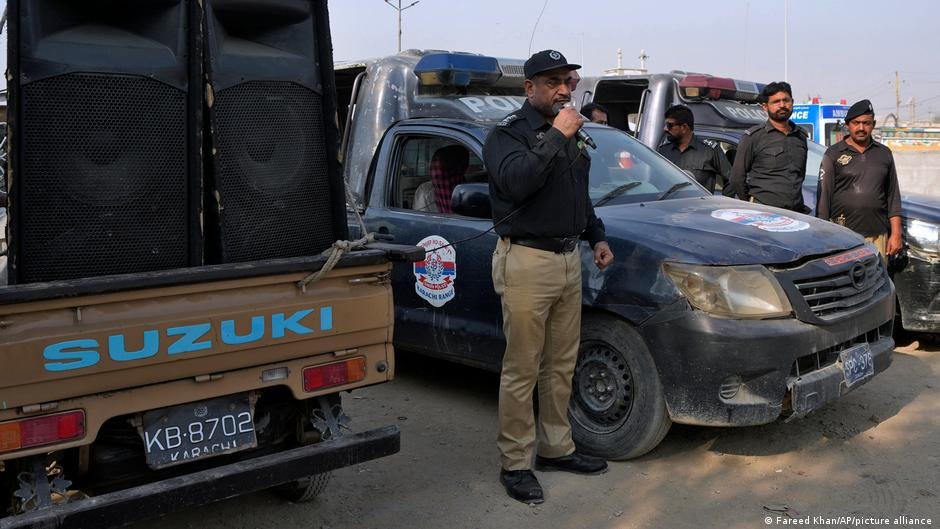
Suspended lives
In February, US President Donald Trump suspended refugee admissions, reportedly stranding around 15,000 Afghans who had been due to fly there from Islamabad. Shayma and her family belong to that group. One of Shayma’s friends, Zahra*, tells AFP, "there is no future in Afghanistan for girls like us. We will do whatever it takes to hide ourselves."
Shayma and Zahra are part of a group of girl musicians who love nothing more than belting out Bob Dylan cover songs. They learned to play the guitar at a nonprofit music school back in Kabul, reports AFP. "We want to use our music for those who don’t have a voice, especially for the girls and women of Afghanistan," explains 19-year-old Zahra.
The music school the girls attended was opened in Kabul and nurtured with foreign funds. Music lessons were provided by an American former arena rocker, with the intention of getting children off the streets. "Music changed our lives," explained Laylama, one of Shayma’s siblings, there are ten of them in total.
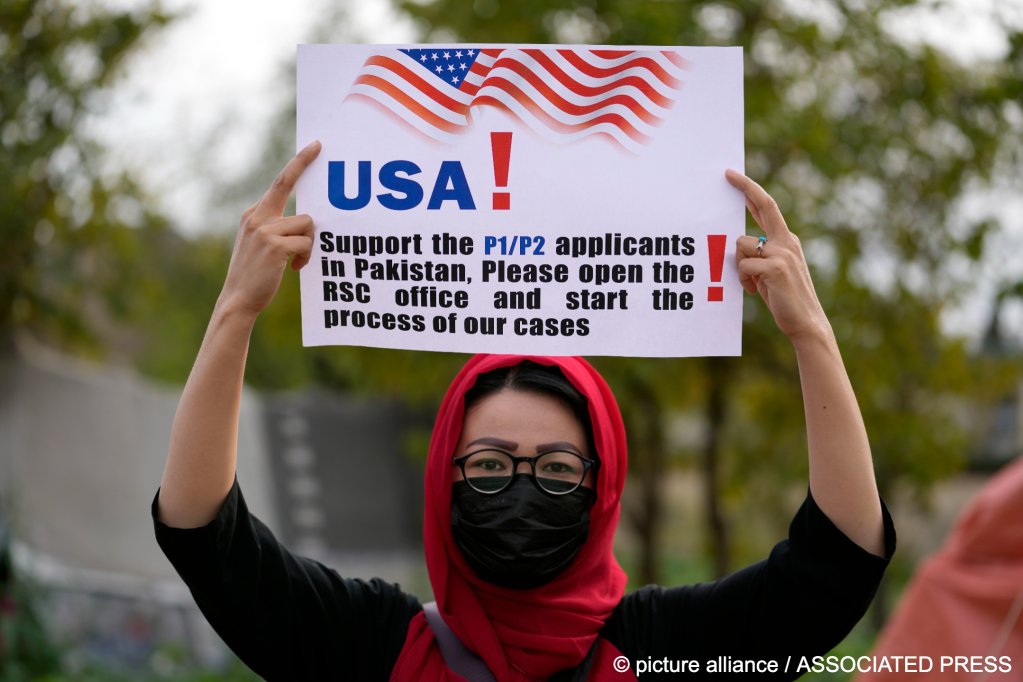
'I cried all night'
According to AFP, Laylama used to sell sunflower seeds on the streets of Kabul to support her family before she was taught how to play the guitar. Once the Taliban took power, Laylama’s father burned her guitar, fearing reprisals from the Taliban authorities, who consider Western music "anti-Islamic."
"I cried all night," remembers Laylama. In April 2022, Laylama and her bandmates were smuggled into Pakistan. They told AFP they have already had to move four times, each move driving them deeper into hiding.
The girls say that every day, they fear that a knock at the door might be the one that puts them on a deportation bus back to Afghanistan.
In an attempt to try and keep going, they get up at dawn with a call to prayer, and then spend the day rehearsing Farsi versions of pop songs or practicing English with YouTube videos. "It's not normal to always stay in the house, especially for children," remarks Zahra, "they should be in nature. But going back to Afghanistan? It’s a horrible idea."
Read AlsoGermany: Afghan women and girls almost guaranteed to receive asylum
German government halts admissions
The new German government too put a halt on admissions of more than 2,000 Afghans, who had already gone through security checks and in many cases been granted permission to fly to Germany, when they came into power in May. At the end of August, they announced that they would begin readmissions of Afghans, but only a few have since arrived.
On September 1, it was reported that 45 Afghans who had been in Pakistan landed at Hanover airport in central Germany, all of whom had obtained visas through legal proceedings.
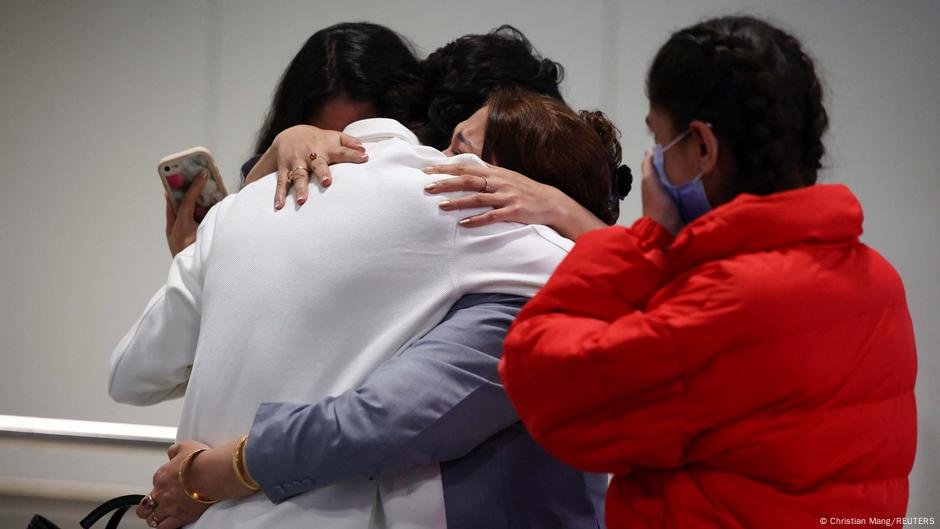
Last week, the German government confirmed reports that had been circulating in the Bild tabloid newspaper that they were in talks with the Taliban authorities to enable them to deport more Afghans, mostly convicted criminals and rejected asylum seekers back to the country.
"We want to facilitate proper and regular repatriations to Afghanistan," Interior Minister Alexander Dobrindt told the German press agency dpa. Dobrindt added that discussions were underway with "Afghan representatives" on this matter.
Past deportations, which started up again in August 2024 under the previous German government, had to be negotiated via intermediaries in Qatar, with no direct official contact between German and Afghan officials. Germany, like most other Western countries refuses to recognize the Taliban as Afghanistan’s legitimate ruling authority, after they seized power in August 2021.
Read AlsoGermany ends admission freeze for vulnerable Afghans
Situation for Afghans waiting for admission to Germany remains unclear
The German government has been criticized by aid organizations and opposition politicians for its new stance towards the Taliban, and the delays over the admission programs. German Green Party parliamentarian Luise Amtsberg told the Tageszeitung newspaper that she felt, "this kind of diplomacy with the Taliban legitimizes terror and oppression and betrays those who have worked with us for a democratic Afghanistan."
Although the German government has agreed to let in Afghans who had already been promised a place in Germany on one of the special reception programs set up under the last government, it is not clear how long they might take to actually bring them all to Europe.
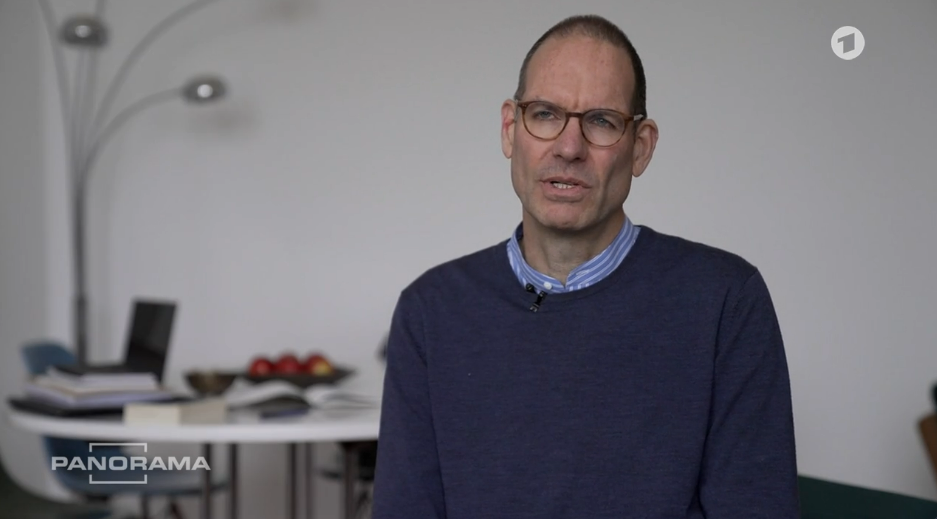
Just over a week ago, DW reported that there was a "heated debate" on the subject in the German parliament (Bundestag). Conservative CDU parliamentarian Detlev Seif said during the debate, according to DW, that although there had been a broad consensus in parliament under the last government that those who had worked with German agencies or the military and their immediate family should be let in, the numbers had increased dramatically since that time.
"Initially I heard a figure of 900 and that increased by a factor of three, meaning family members. So, initially, we assumed around 3,000 to 4,000 people. The focus was on local staff working in security-related roles, and for whom it was actually safe to assume that they were threatened not only with reprisals but also with persecution after the change of power," Seif reportedly said.
Read AlsoGermany: NGOs demand government to act fast in admissions program for Afghans
German government re-examining Afghan admissions
Now, according to DW, a total of around 45,000 people have been promised admission, and around 38,000 of them are already actually in Germany. This would leave around 7,000 still to arrive. It has been estimated that around 2,500 people are waiting in Pakistan.
This number was confirmed by Schahina Gambir from the Green Party when contributing to the debate. "Approximately 2,450 affected people are waiting for the rescue promised to them," stated Gambir. "And yet the federal government isn’t implementing this. This is a breach of the law."
The German government has however said that it wants to reexamine the cases of some of those who are in Pakistan, even though they had already received promises they would be accepted into Germany.
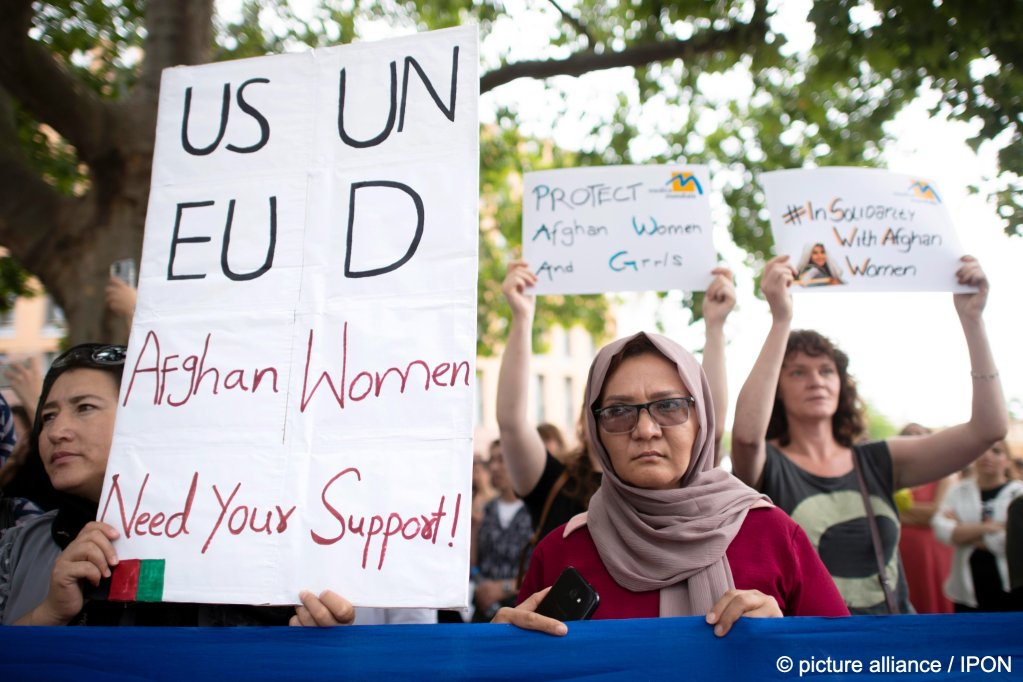
The former head of the office coordinating the Afghan admission program at the Interior Ministry, Tilmann Röder, has criticized the government's stance. "The demand to re-examine each individual case is an affront to everyone involved in the program. To the coordination office and its staff, but also and especially to the German authorities, who have thoroughly examined each case," Röder told German public broadcaster ARD.
Read AlsoGermany's new government suspends refugee resettlement
Anxiety, panic attacks and depression plague Afghans in Pakistan
Armin Sarkhosh is himself an Afghan migrant already in Germany. He decided to set up a small association, Move e.V, to try and help fellow Afghans in, or coming to, Germany. It provides contacts and support for Afghans in Germany, as well as those who are hoping to come to Germany and are still waiting in Pakistan.
Sarkhosh is in contact with at least three or four families who are desperately waiting in Pakistan for news of a flight to Germany. He told InfoMigrants Dari that they tell him they have anxiety, are suffering from panic attacks and are feeling depressed about the state of affairs and the situation facing them.
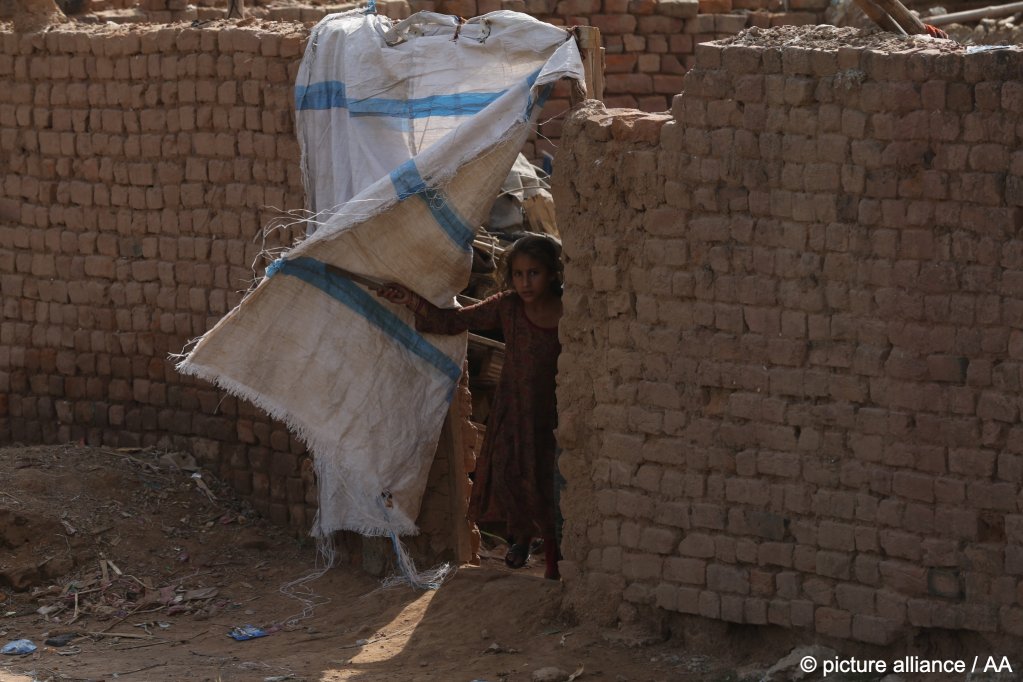
Although a recent agreement between the German and Pakistani authorities means that those waiting for permission to come to Germany should not be deported, they have still been told not to leave their safe houses, explains Sarkhosh.
If they were to go out, says Sarkhosh, and the police pick them up, "there are no guarantees" that they won’t be deported to Afghanistan. So, de facto, these people feel like they are imprisoned. Most of the groups have children, and with only the internet and telephones providing a window to the outside world, many are saying that their feelings of depression are worsening.
Read AlsoOrganizations sue German government over Afghan deportations from Pakistan
Taliban accused of using rape to silence activist
Sarkhosh says the families he knows are being provided with food from the German government, but they are worried as their children are not able to attend school, and they are also not able to attend events, courses or mix with their peers. They have underlined to Sarkhosh that having access to school is a basic human right, to which their children are currently being denied.
One of Sarkhosh’s contacts used to work in Afghanistan as a minister for information and culture and for one of the regional governors. He has been in Pakistan for the last two years, and his worries have just been increasing, he says.
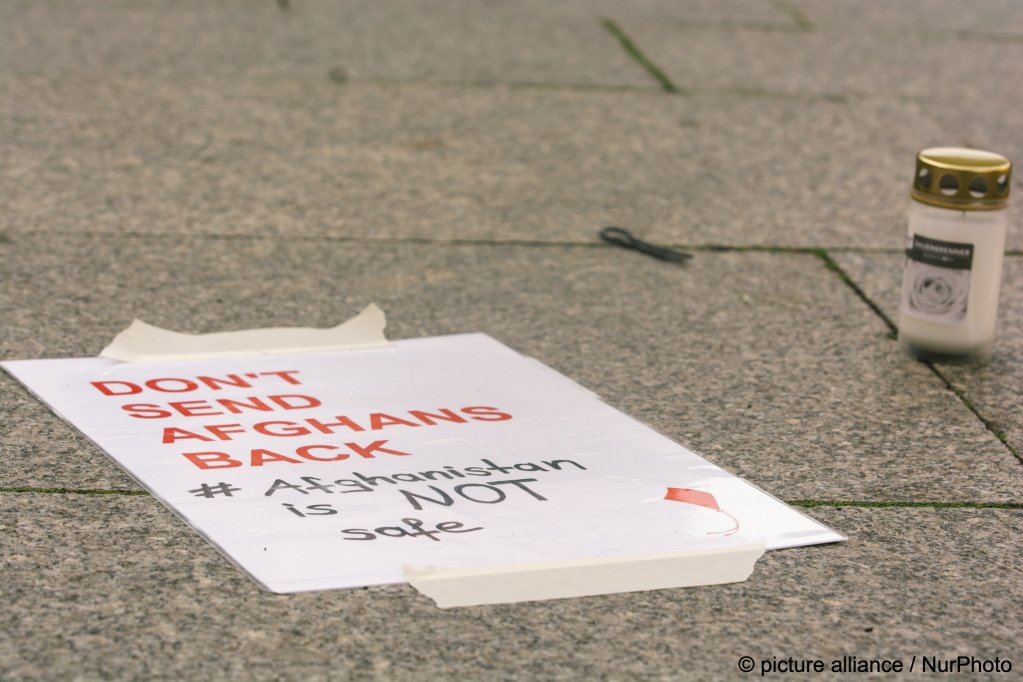
The man won a place on one of Germany's special research programs, and had been told he would be flown to Germany soon, but has not been given a reason for the delay, says Sarkhosh.
Another woman says that she was raped by the Taliban. She is waiting in Pakistan and her anxiety is increasing day by day. Her family are with her, but she is understandably worried about being sent back to Afghanistan.
The woman used to work as a civil activist and says she was raped to stop her protesting at the Taliban measures. The woman claims the Taliban wanted to "silence her" with the rape, explains Sarkhosh.
*Not their real names, AFP provided these names to protect their identities
With additional reporting and interviews by Mehrnoosh Entezari, InfoMigrants Dari
Read AlsoGermany: Sharp rise in asylum claims by Afghan women
